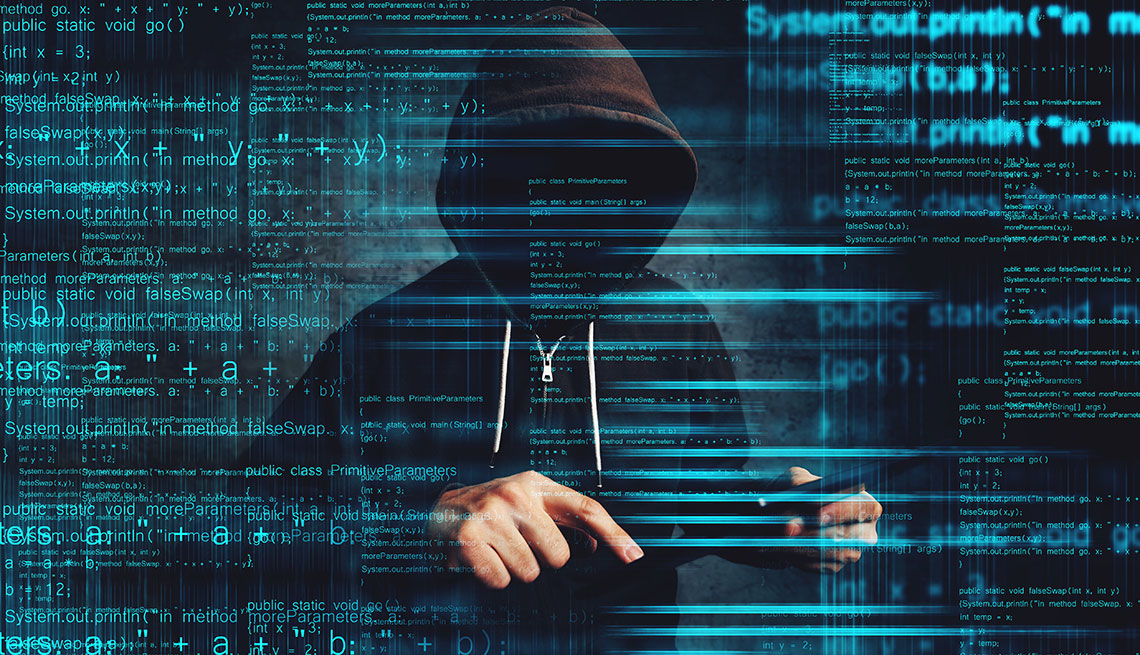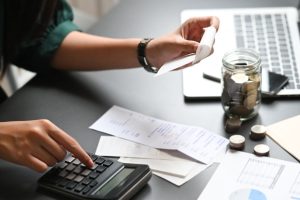It is undoubtedly true that technology has made banking extremely and quite innovatively convenient for us. You can make online transactions like payments or transfers. You can also carry a card instead of cash with you wherever you like. However, it does not come without its dark side. Bank identity frauds are getting more frequent nowadays. It is crucial to guard your data and steer clear of such possibilities. Here are ten ways that can be used to lessen the risk.
-
Have Alerts Set
If due to some misfortune, your credit card is stolen or misplaced, you can have the peace of mind as there will be multiple fields of security clearance needed to perform transactions. You can have face recognition, fingerprint, etc. If this doesn’t match with your original data, your bank will be alerted to take action.
-
Security Freeze the Credit Card
This feature is again quite helpful in keeping your bank credit safe. This feature asks your PIN or some password before any transaction performance. It’s like a double lock for safety on your bank balance and its usage. It can save you quite a lot.
-
Keep a Check on Your Online Records
Mobile banking is also commonly used these days. You have websites, and then you also have apps for your bank accounts. They allow you access to various banking functions like transferring money, paying bills, etc. One of these functions is to have access to full information of your credit card usage and history like identity guard review. You can use this to monitor your operations through credit card and report if you see any transaction you did not make. You can also cross-check your purchases with the bills and the credit card information.
-
Social Security Number
You must be wondering what social security number has to do with the bank identity fraud. Well, it has everything to do with it. Your social security number carries the most personal and sensitive information about you. It can be used against you in numerous ways if gotten in the wrong hands. So, you need to make sure that you do not give out or write your social security number to anyone or anywhere.
-
Receive Your Check Orders by Yourself
Our check orders have banking and accounting details about us. Often people receive these orders by mail. As convenient as it sounds, it is not the safest way to receive them. Your information can be copied, and your check order can be stolen from the mail and used by the thieves. Hence, you must pick it up from the bank yourself and not rely on your mailbox in such cases.
-
Shred Private Records and Statements
You must have hundreds of receipts, bank statements, and other pages with classified information about your bank account lying around in your purse or any drawer in your home or office. Well, this is not safe at all. You must destroy them right there by tearing or shredding. These can be sued by thieves to emulate your identity.
-
Collect Your Receipts
You might think that taking receipts after a transaction from a POS may not be as necessary or essential. Well, these receipts from the ATM or from paying bills or from a gas station can get in the wrong hands, who are seeking for information like this. They can use the details to use your bank account for their benefit. So, never leave your receipts behind.
-
Beware of Scam Contacting
You must have received or heard that people receive messages, claiming to be from your bank or the government, asking for your personal information like your social security number, bank account number or some other details about your credit card. It is the oldest trick in the book, and yet people fall for it more times than they would like to admit. So, do not give your details like this ever. If it is crucial, either your bank will come to you or ask you to visit. Do not do this over the phone.
-
Keep Strong Passwords
Whether we are talking about cards, accounts, or mobile phones, having reliable and unusual patterns or sequences of passwords can secure your data more effectively. You must have locks and approval dependent logins on your phones, essential apps, and on all other details. It will make sure that nobody accesses your information, and even if they try to, you will receive an alert.
-
Pay Bills Online
If you are someone who pays their bills through the mail, then you must shift to paying them online for safety reasons. It is more convenient and safer. Nowadays, everything is accessed via mobile phones, and your bills can be paid through them as well. Your information can be misplaced in the mail and used against you. Through online payment, everything will be safe and secure.












